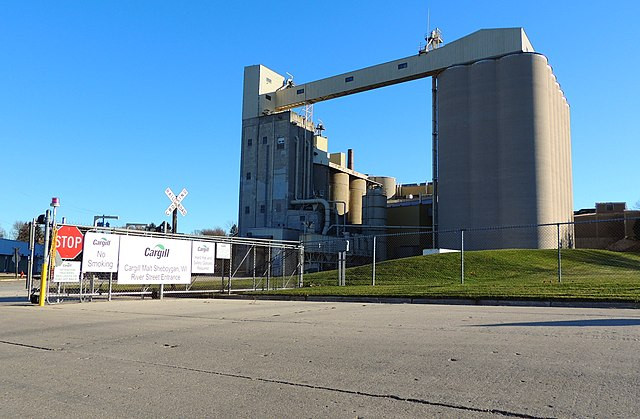Cargill, the world's largest agricultural commodities trader and the largest privately held company in the United States, announced a sweeping reduction of its global workforce, with plans to lay off approximately 8,000 employees. The decision will affect 5% of the company's 164,000-strong workforce and is part of a broader restructuring strategy aimed at addressing declining profits and adjusting to a changing agricultural market.
In a statement released on Tuesday, the Minnesota-based agribusiness giant described the layoffs as a "difficult decision" but necessary to "strengthen Cargill's impact" and adapt to global challenges. "As the world around us changes, we are committed to transforming even faster to deliver for our customers and fulfill our purpose of nourishing the world," the company said.
The move comes during a period of financial strain for Cargill. The company reported $160 billion in revenue for its 2024 fiscal year, a 10% drop from the $177 billion reported the previous year. Profits also fell sharply to $2.5 billion, marking the lowest earnings since the 2015-16 fiscal year and a significant decline from the $6.7 billion peak recorded in 2021-22.
According to an internal memo obtained by Bloomberg, Cargill CEO Brian Sikes explained the rationale behind the layoffs, noting the need to streamline operations. "They will focus on streamlining our organizational structure by removing layers, expanding the scope and responsibilities of our managers, and reducing duplication of work," Sikes wrote. The memo further clarified that while the executive team would remain unaffected, the layoffs would include senior leadership roles below the executive level.
Cargill has faced mounting pressures as global commodity prices for key crops like wheat, corn, and soybeans have dropped to near four-year lows. The declines have affected profit margins across the agricultural sector, including for competitors such as Bunge Global SA and Archer-Daniels-Midland Co. The situation has been exacerbated by a shrinking U.S. cattle herd, the smallest in seven decades, which has weighed heavily on Cargill's beef processing division.
Earlier this year, the company began consolidating its business units, reducing them from five to three after less than one-third of its divisions achieved their earnings targets in 2024. Additionally, Cargill cut about 200 technology jobs as part of its broader effort to realign its resources.
Despite its challenges, Cargill remains a powerhouse in the agricultural industry, operating in 70 countries and serving 125 markets worldwide. Forbes recently named it the largest private company in the United States for the 37th time, underscoring its significant role in the global economy.
Sikes, who took over as CEO in 2023, faces the daunting task of steering the company through this turbulent period. In its statement, Cargill emphasized its commitment to evolving and strengthening its portfolio to remain competitive. "We have laid out a clear plan to evolve and strengthen our portfolio to take advantage of compelling trends in front of us, maximize our competitiveness, and, above all, continue to deliver for our customers," the company stated.




